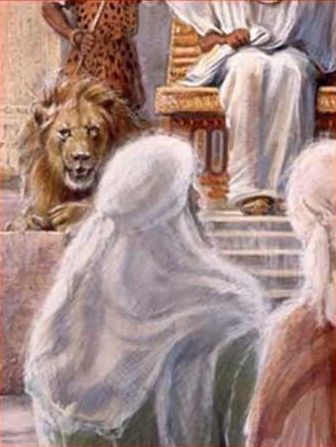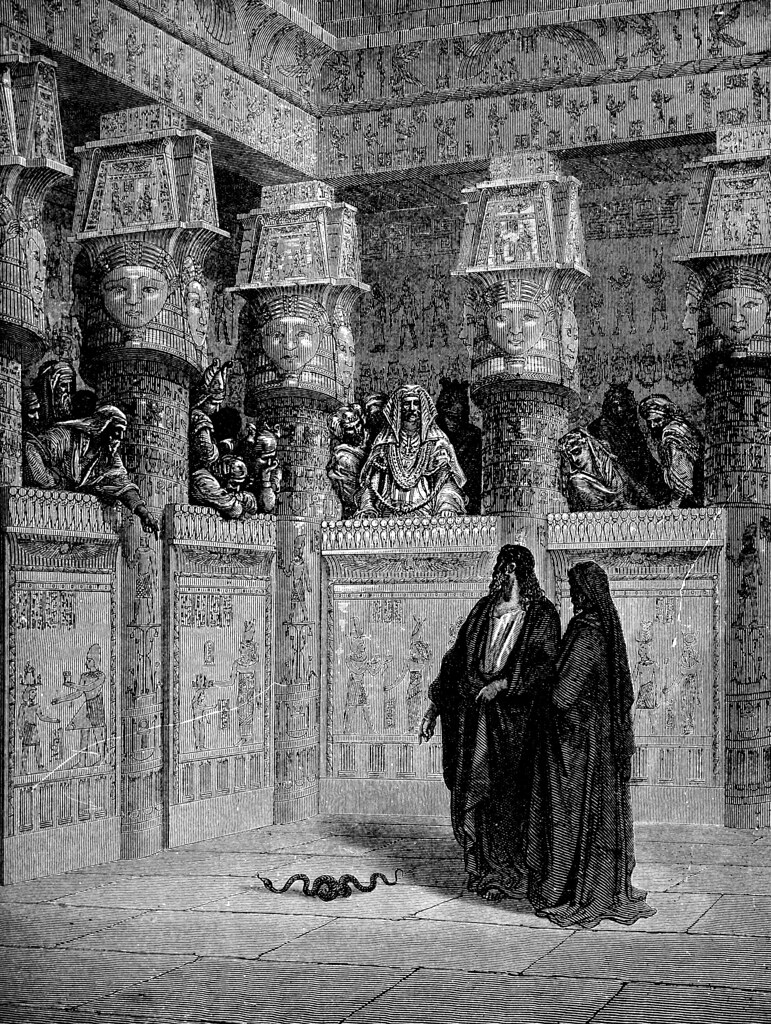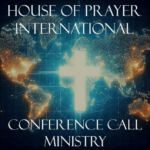

MOSES HAD REACHED THE CRITICAL moment that comes to every human life. He had come to manhood, having passed through all the perils of infancy and childhood, perils in which the prudence and courage of others count for the effective safeguards, to find himself at last face to face with the worst perils that can beset a human life. The edict of a tyrant is not so dreadful an evil as the temptation to self-advancement. The hour of temptation is the hour when all available considerations of duty and interest should be gathered together to fortify the heart. The peril to Moses as an infant was practically nothing; Jehovah’s miraculous intervention could come in any moment to shield him. However, the peril to Moses as a man was very great when the prospect of high rank in the Egyptian court stood right before his eyes. Nay, more; from Moses we may pass to Jesus. Jesus was in no real peril when Herod sent out his band of destroyers to Bethlehem; but in those Abraham, after years, when he had to face the prospect of toil and suffering, there was a real peril to his inner man— the pressure of considerations which only the peculiar strength of his nature enabled him to resist.
The spirit of the world says, “Look at the position which you presently occupy—a position thousands would give anything to attain.” Moses was the son of Pharaoh’s daughter, and what more could he have had, but the kingdom? If he gave up his position, what would remain? Nothing, truly, unless he had the revelations given to faith. These revelations, we are sure, Moses must have had in abundance. If Isaac, Jacob, and Joseph had revelations of the coming inheritance and glory of their people, is it so incredible that Moses would also have had revelations such as would effectually strip the aspect of the court wherein he lived of all its glitter? When we have the spirit of faith in us, the discouragements of the present are dwarfed by the attractions of the future. The life of faith has joys which, when placed beside the pleasures of this life, cause them to appear poor indeed. What are the Pharaohs of Egypt compared with Moses? They are mere names, whereas Moses has contributed to the coming of Christ, that is, to the uplifting and purifying of the whole world. When the critical moment came, the eye of Moses was so purged that he saw where his own real interest lay. He saw which thing was better for him to choose for his own sake. He saw that, in choosing affliction with the people of God, he was choosing an exceeding great reward, which would continually manifest itself as such.

